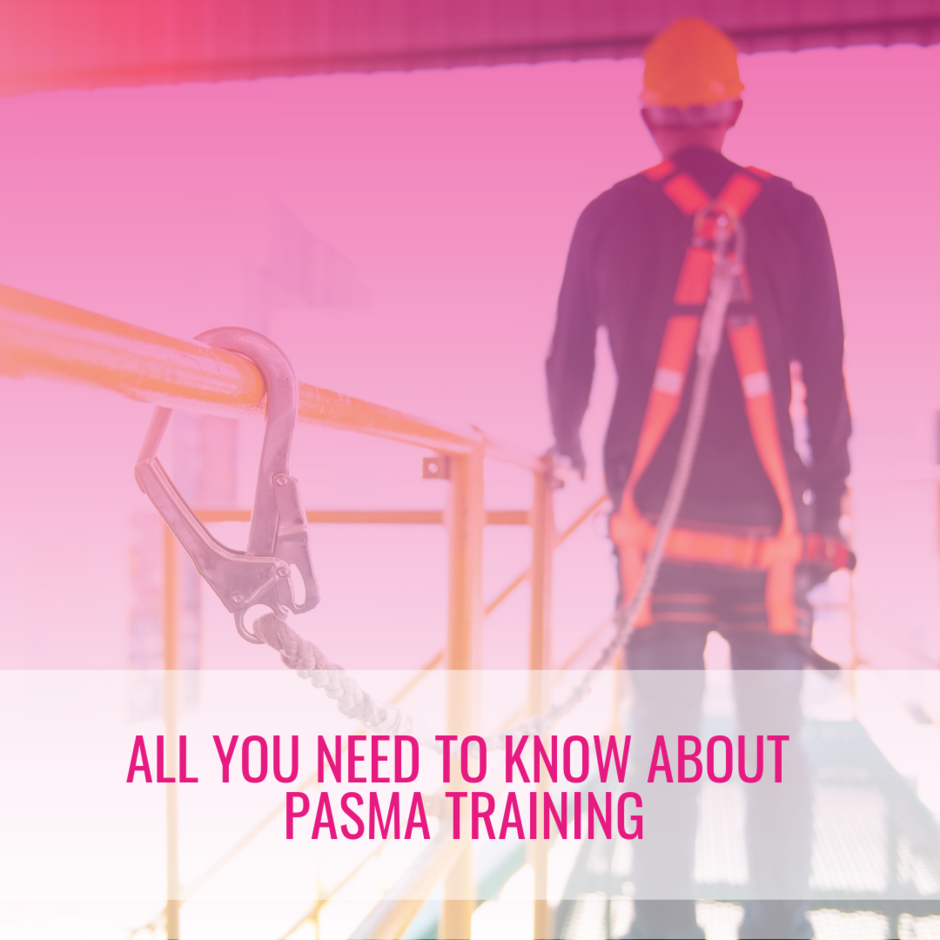
In the scaffolding industry, safety is a big concern for both employees and employers. According to the National Access and Scaffolding Confederation (NASC) their 2019 reports the following key findings:
It is best to train employees in safety practices in a recognised association like PASMA; to limit the occurrence of injuries and accidents in the workplace.
PASMA stands for Prefabricated Access Supplier's and Manufacturer's Association. PASMA was founded in 1974 and is well-known for training that focuses on the use of mobile access towers as well as the safety practices to follow. Likewise, PASMA promotes best practice, safety and standard procedures in several sectors.
PASMA has a reputation for training thousands of people yearly in its various centres. To maintain their high standards, PASMA audits and updates their curriculum to meet industry requirements annually. In addition to their audits, they collaborate with industry experts in several sectors to ensure that their students get the skills relevant to them.
PASMA offers a variety of training courses; some courses cover topics such as assembly criteria, component identification, hazards, stability and inspection. Some courses span a day and finish with an assessment. PASMA's most popular course is the PASMA Standard Tower Course. This safety course comes with both written and practical evaluation. Upon successfully passing, each delegate's details will be entered on to the PASMA central database, and a certificate of competency and a photo-ID Card will be issued that is valid for five years.
The PASMA course is relevant to anybody that intends to work or works with mobile access towers. People that go through the course gain the necessary skill that would enable them to erect, inspect, dismantle, and use mobile access towers safely. Also, it would be a mistake to assume that while you might have an IPAF certification that you don't need PASMA certification. Well, most employers tend to request a PASMA card before they will employ you to work with Mobile Access Towers.
Furthermore, the Working at Height Regulation (2005) mandates that anyone who takes on jobs involving height must show evidence of competence for the job as well as for equipment handling.
Want to find out more? Speak to a member of our team on 08000 93 11 89 today.